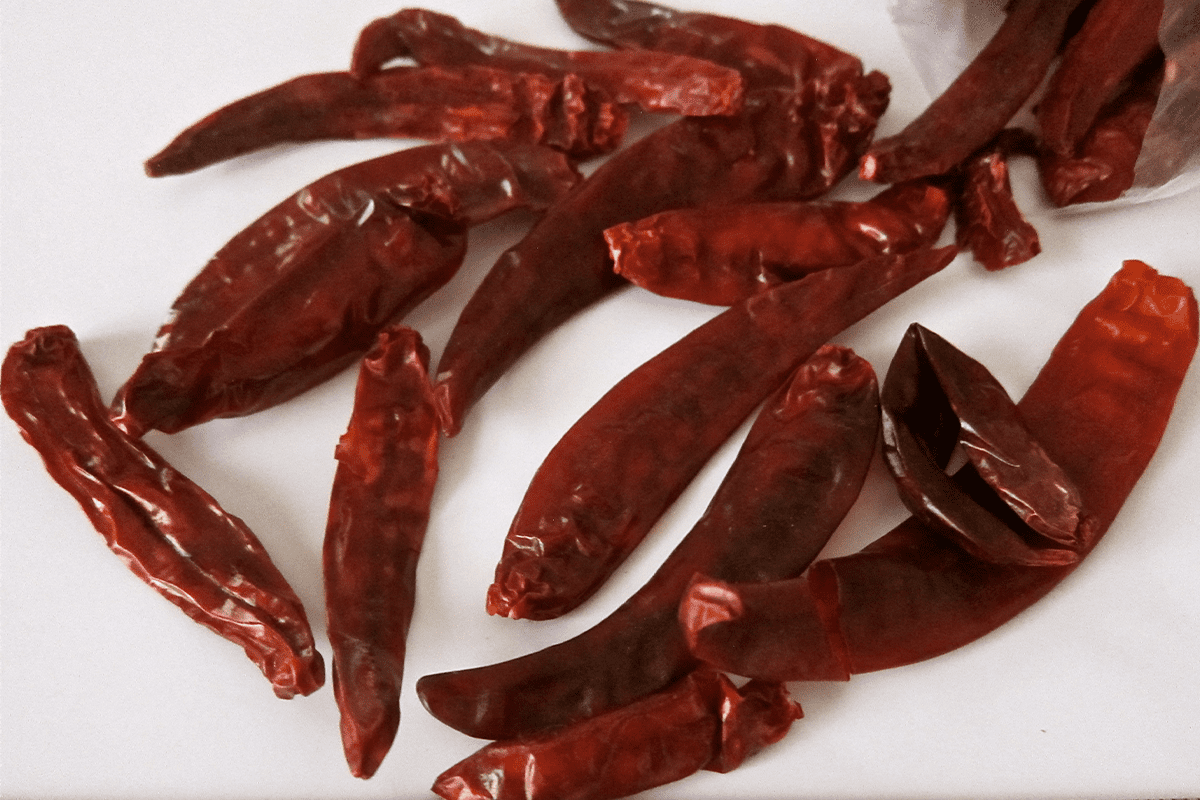Welcome to our exploration of a fascinating and versatile plant known as Pico de pájaro, or Cassia occidentalis. This pantropical plant is a common sight in coastal and intermediate regions of Costa Rica, thriving in pastures, fields, and along roadsides. Occasionally grown on patios for its medicinal properties, Pico de pájaro’s name, meaning “bird’s beak,” aptly describes the unique shape of its seed capsules. Join us as we delve into the botanical characteristics, medicinal uses, and cultivation tips of this remarkable plant, also known as frijolillo, frijolillo negro, sonajera, and pisabed in different regions.
Discover how this plant can be both a beautiful ornamental addition to your garden and a valuable resource for natural remedies.
- Common Name: Picode pájaro
- Latin Name: Cassia occidentalis
- Family: Caesalpinaceae
Geo-distribution
Pico de pájaro is a pantropical plant found around the world. In Costa Rica it is commonly found in coastal and intermediate regions. It grows in pastures, fields and along roadsides, and is occasionally grown on patios as a medicinal plant with several uses. Pico de pájaro means “bird’s beak,” which describes the peculiar shape of the seed capsules.
In some regions, it is also referred to as frijolillo, frijolillo negro or sonajera. In the English-speaking Caribbean region it is frequently called pisabed.
Description
Pico de pájaro is an annual or perennial plant with woody stems that often grows to one or two meters in height. The bush-like plant has eight to 12 oval-shaped, compound, pinnate leaflets. The yellow flowers are born on racemes and produce light-green, smooth seed capsules that are slightly arched, much like a bird’s bill. The seed capsules contain two rows of 15-20 seeds of a dark brown color.
Medicinal Uses
Hepatotropic, antidiarrhetic, anti-inflammatory, vulnerary, febrifuge, antispasmodic, antirheumatic, depurative, purgative, anti-influenza.
The leaves are used externally to treat skin problems, such as inflammations, infections and fungi. The leaves or capsules are administered internally for fevers, diarrhea, jaundice, rheumatism, and kidney and bladder dysfunctions. The root has been used to treat colic spasms and in strong doses acts as a purgative.
Preparation
The fresh leaves can be used as a maceration, applied to difficult skin conditions to aid in the healing process. Freshly mashed, blended or chewed leaves are applied directly to the affected area two or three times a day. A small handful of the seed capsules or leaves are boiled in one liter of water to treat kidney and bladder problems.
A common use is to give children pico de pájaro tea in the day to prevent them from wetting the bed at night. The root can be harvested, washed and chopped into small pieces. A handful of these chips can be boiled in water and taken as a tea for intestinal colic.
Caution
The leaves are safe to use externally and have been tested to show antibiotic properties, but the seed capsules have tested toxic for internal use. It is also recommended that pregnant women avoid taking the tea internally.
Notes:
Pico de pájaro can be propagated from dried seeds collected from plants. Local farmers sometimes grow this plant on the patio as an ornamental and to have the herbal medicine close at hand. The seeds can be propagated directly in garden beds or sown in a flat for better protection. When the seedlings in the flat reach about five centimeters tall, transplant them to sites in the garden.






